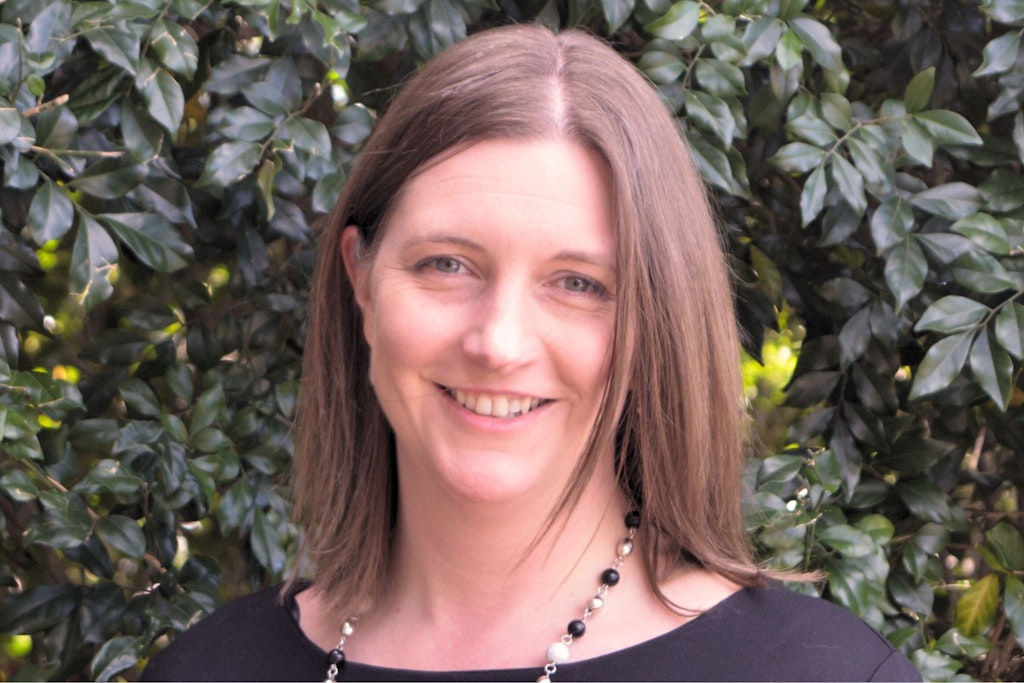Community understanding is at the heart of dementia awareness
Last updated on 3 September 2024

September is a big month for Dementia Australia. It’s arguably the centrepiece of their year as Dementia Action Week brings dementia awareness to the forefront of public conversations. This year they also have a new Chief Executive Officer, Professor Tanya Buchanan, and new goals.
Someone who has witnessed the changing of the guard with a front-row seat is Dr Kaele Stokes, Executive Director Services, Advocacy & Research, Dementia Australia. She said it’s an exciting time for the organisation as it looks to create a new phase of significant change.
“Having Professor Tanya Buchanan on board has been a positive experience. Change can be challenging but Tanya has very impressive credentials and her thinking has created genuine excitement across the organisation and sector,” she said.
“She is particularly passionate about building on the work that Dementia Australia has already undertaken and leading a new phase of our strategic direction which is very timely, particularly in light of the broader developments in the industry such as the development of the National Dementia Action plan.”
A modern approach to training
This year has already seen new initiatives, including the launch of D-Esc. Virtual reality is used to educate aged care staff on ways to de-escalate behavioural emergencies in a safe, person-centred way.
Dr Stokes said there has been plenty of industry interest as the tool encapsulates the key elements underpinning quality dementia care.
“The ability of providers to support people who have symptoms of cognitive impairment, including changes to mood or behaviour, is such an important part of that care and support,” she said.

“This includes understanding the individual, their experience of a particular situation and how to respond appropriately. They’re skills that help the sector develop its capability of supporting people living with dementia.”
Alongside the current initiatives such as BrainTrack, which helps individuals monitor and understand changes in cognition, there is a growing interest in brain health.
Dementia Australia is looking at more ways to engage with the general public earlier – even before a dementia diagnosis – to educate them about the risk factors they can focus on to reduce the risk of dementia.
“Up to 40% of dementia risk could be reduced by focusing on underlying risk factors including diet, exercise, alcohol and smoking. Later in life, it’s things like untreated hearing loss, social engagement, and keeping your brain active that can influence dementia,” Dr Stokes added.
“These are components of maintaining brain health and quality of life, yet a lot of people don’t necessarily recognise there are modifiable risk factors they can focus on.
“That’s an important message for people to understand: there is a lot they can do to focus on maintaining a healthy brain.
“Over 80% of people are interested in learning more about brain health but more than two-thirds also don’t want to think about dementia. There’s a real tension between not wanting to think about it but also wanting to do something to avoid it.”
Supporting dementia in the community
This year, Dementia Action Week falls on September 16-22, coinciding with World Alzheimer’s Day on the 21st. Dementia Australia’s 2023 theme was ‘Act Now for a Dementia Friendly Future’ and 2024’s theme will build off that to grow the understanding and support of dementia within local communities.
“It’s important to start shifting the understanding and perception of dementia,” Dr Stokes said.
“We recognise that it takes the whole community to create an environment in which dementia is understood. There needs to be a real momentum of change to ensure that people impacted by dementia feel like they belong and are valued by their local community.”
Events like Dementia Action Week are an opportunity for aged care providers to learn, too. Dr Stokes said everyone can look at impactful changes occurring in society or at innovative models of care they hadn’t considered before.
Providers can use this time to recognise their role in positively influencing dementia risk factors and better supporting people living with dementia.
“We know more than two-thirds of people living with dementia live in the community and more than two-thirds of people living in residential aged care will have moderate to severe cognitive impairment,” Dr Stokes explained.
“It’s inevitable that if you’re in the aged care service industry you will be coming into contact with people living with dementia.
“Thinking about the way you support people living with dementia and how you support and equip the workforce to appropriately care for people impacted by dementia is important.
“Thinking about how to bring the community into the residential care environment and how to involve people living in residential care in the local communities is a valuable, high-impact way of breaking down the barriers and isolation people living with dementia experience.”
With more people intending to age at home, aged care’s integration with the community is likely to play an important role in dementia support, even indirectly.
But as Dr Stokes shared, “There’s still a lot to be done,” to ensure everyone with dementia can access the services they need – and high-quality services at that.